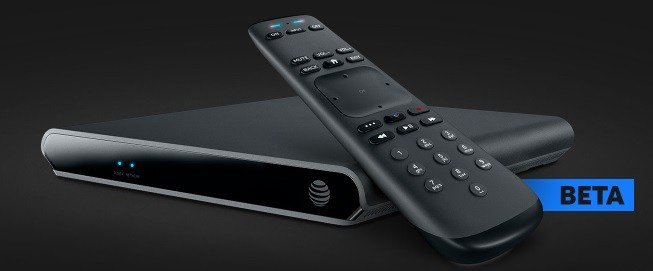RonBoyd
Give me a museum and I'll fill it. (Picasso) Give me a forum ...
Where do you see the requirement for a set top box? They are going to have two services...the renamed DirecTVNow and a different (but similar service) AT&T TV that will require the box. Nonetheless, with the price increases, glitchy software and now channels being blacked out due to carrier disputes, I am done w/ AT&T "whatever they call their crappy service this week" and cancelled it today.
More in-depth coverage of this issue can be found here: https://www.avsforum.com/forum/showthread2.php?p=58358424#post58358424
For instance:
So the main AT&T TV service will offer 500 hours of cloud DVR storage with a 90-day auto-expiration time limit on recordings. And it comes with (it would appear) one custom 4K HDR streaming box (the Osprey C71 box that has been beta-tested by select DTVN subscribers). It also will allow for 3 concurrent streams while DTVN only allows 2 (and charges an extra $5/mo for a 3rd stream). But we know that both services, AT&T TV and AT&T TV Now, will use the exact same app and it appears to me that they're going to offer the same channel packages, although we don't now that for sure yet. Only other difference I can imagine between the two is that AT&T TV Now will remain contract-free (note their use of the word "freedom" in the email about the name change) while we don't know if AT&T TV will require some kind of up-front commitment.
It'll be interesting to see how the pricing differs between the two services. I'm guessing $10 more per month for AT&T TV. On DTV Now currently, Plus and Max are priced at $50 and $70 (although they've been giving out discounts regularly on them). $10 higher on AT&T TV would put Plus and Max at $60 and $80. Or, OTOH, perhaps the pricing gets adjusted down a bit for AT&T TV Now. Perhaps Plus drops to $45 and Max to $65, meaning that those package would cost $55 and $75 on AT&T TV. If AT&T TV requires a significant up-front commitment, e.g. 12 months, then that augurs in favor of an even better cost-to-value ratio for it vs. contract-free AT&T TV Now.
Other question is whether upgrades will be offered on AT&T TV Now. Could you pay extra per month in order to gain the better cloud DVR and/or additional streams? Or will AT&T simply say, "If you want those better features, we'll simply need to transfer your account over to AT&T TV and send you the streaming box"?
I always look at AT&T with caution. What I don't see is important- and that is that the AT&T TV press release says that it can be watched via apps on portable devices. Nowhere do they say we can use Roku/Apple TV/Fire TVs. If we can only use their Osprey device, and that device has a monthly rental fee, no way would I sign up for this upcoming "AT&T TV" service- no matter what the price difference is. That was a big reason I left cable TV. I used a Windows Media Center setup for the final ~7 years I was on cable TV.
I have 5 TVs in my house. I will never ever pay a per TV rental fee ever again in my life.

